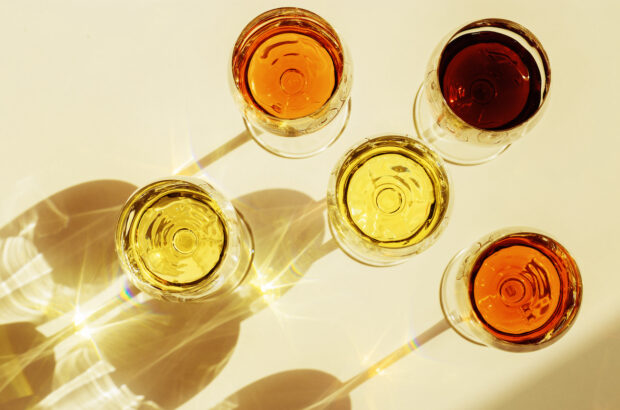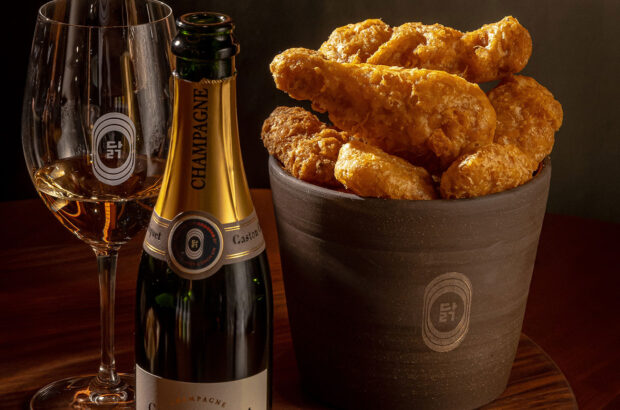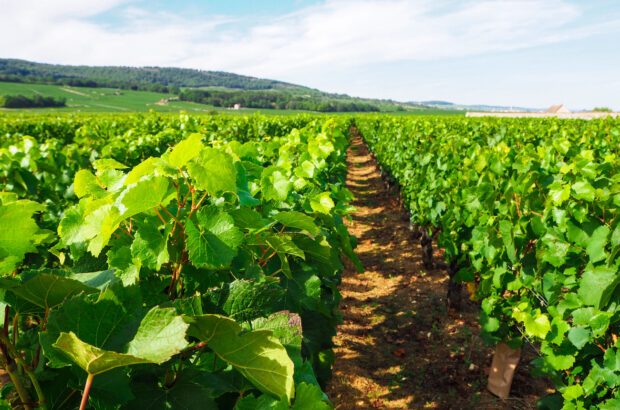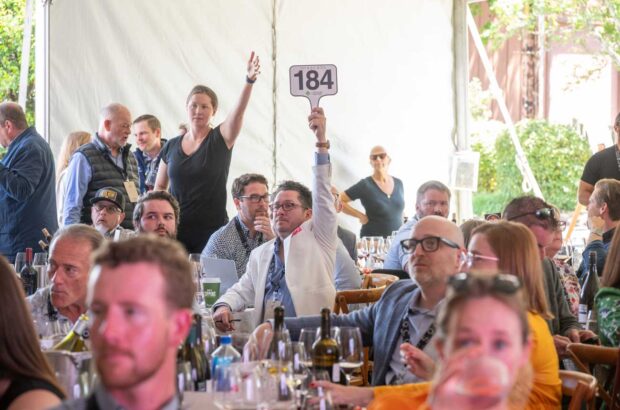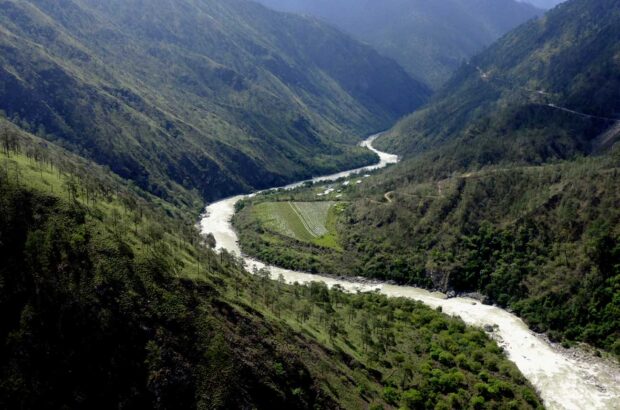drink soon
A hot, dry and forgettable vintage with many hard and tannic wines
Weather Conditions
1981 was a hot, dry and forgettable vintage for most Australian wine regions whose wines are thick, hard and tannic. Crops were already reduced after a poor fruit set, before the summer further shrank yields, causing the burning of bunches in warmer regions like the Barossa and McLaren Vale.
Best Appellations
From a year of few highlights came robust reds from the Barossa and Eden Valleys in South Australia, the Goulburn Valley and the Pyrenees in central Victoria. Coonawarra’s reds were unusually robust and ungenerous, while Langhorne Creek fared better than most South Australian areas. It was generally too hot for any real quality from the Margaret River or the Hunter Valley.
Best Producers
Henschkes Cyril Henschke Cabernet Sauvignon (Eden Valley) provided a genuine, but rare class effort from 1981, while the historic Victorian property of Chateau Tahbilk (Goulburn Valley) had an excellent vintage. Against the odds, Lakes Folly made a fine version of its idiosyncratic Cabernet Sauvignon and the Pyrenees vineyards of Redbank and Taltarni made firm, long-living reds from cabernet sauvignon and shiraz.



